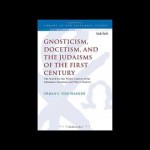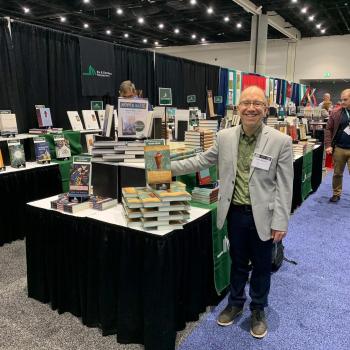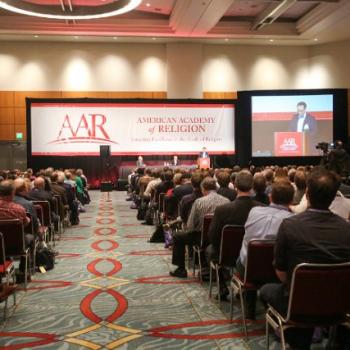Traditions of Eastern Late Antiquity Unit
This program unit focused on Late Antiquity in the East aims to provide a home for the study of religious traditions that are rooted in Mesopotamia, Persia, and western Asia, particularly those parts that were outside the Roman cultural reach such as Zoroastrianism, Manichaeism, and Mandaeism. While the unit will focus on late antiquity, many of these traditions, and particularly their extant texts come to us from much later periods, and this scholarly issue will be part of our discussions. In addition, many of the traditions that were born in this time and place also spread to other parts of the world, and the study of them in those forms and contexts also has a place within this program unit, as does investigation of their response to the rise of Islam in the region. In addition, this unit’s focus is not exclusively on those traditions that developed uniquely in this region, but also those which, when transplanted there, had significant evolutions in that milieu that differ from their counterparts in other times and places (e.g. Christianity, Judaism). We likewise encourage research which focuses on the interaction between the various communities and traditions of this place and time.
The Impact of Digital Humanities on the Study of Non-Canonical Texts
One or two Traditions of Eastern Late Antiquity (AAR) sessions in 2017 will be co-sponsored with the SBL Digital Humanities and Pseudepigrapha program units. All papers for these sessions should explore the influence of the Digital Humanities in general, and the ongoing digitization of manuscripts in particular, on the study of non-canonical texts. These texts must fall into the broad category of “pseudepigrapha,” or stem from or have been influential in Eastern Late Antiquity, but need not fall into both categories. The session will provide opportunities for comparison between Digital Humanities projects in these subject areas even if individual papers focus on one or the other. Important questions to explore under this heading may include: What new opportunities does digitization provide for the study of non-canonical texts/texts from Eastern Late Antiquity? Does digitization and online availability confirm or challenge canonical divides and academic assessment schemes? Are canonical texts privileged or treated differently than non-canonical texts? Are earlier Western texts prioritized over Eastern Late Antique texts? How does digitization affect the imaginations of literary categories?
The Traditions of Eastern Late Antiquity program unit also welcomes submissions on any topic related to our subject area, for a second (or third) session.
Feel free to submit proposals via PAPERS or to send proposals via e-mail to both program unit chairs:
- Naomi Koltun-Fromm, [email protected]
- James McGrath, [email protected]













